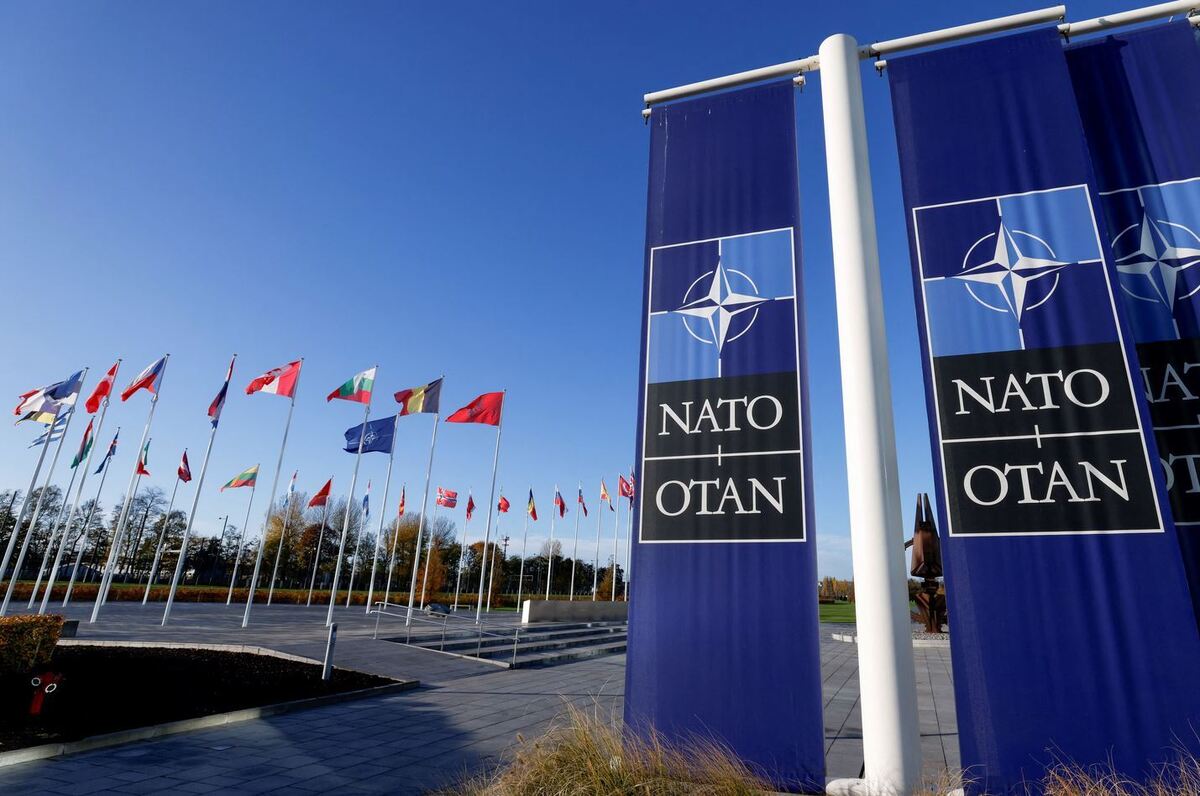NATO's Inherent Security Avoidance

In the international system, the idea of security has many facets and perspectives. Many global security theorists believe that World War II and the subsequent twentieth-century developments served as the catalyst for their theoretical development. The North Atlantic Treaty was also formed in this context and cannot be considered an independent variable.
Despite the fact that NATO was established 76 years ago, its theoretical, practical, and even operational aspects have been obscured by the same historical-analytical perspective. Whether NATO is innately security-averse or security-creating is the main question that emerges today. In other words, does NATO define its identity and function in the shadow of global disorder and lack of security, or is its performance defined by establishing sustainable security in the international system?
In this regard, there are two fundamental points that need to be considered:
First, the NATO structure was formed on the basis of providing sustainable security for the West (and not the international community), and on this basis, there is a profound difference between the definition and application of the concept of security from the perspective of the leaders of the North Atlantic Treaty Organization and other countries of the world: in other words, we are faced with a commonality in the concept and an absolute difference in the applications.
Over the past eight decades, NATO has had a crisis-making function in global relations and has sought to achieve sustainable security for its members amidst self-created global crises (created by the members of the North Atlantic Treaty Organization, led by the United States and the United Kingdom). For example, NATO seeks examples of its desired security within the context of creating sustainable crises in Afghanistan and Central Asia. In more telling terms, NATO is security-creating within the structure of Western governance and security-averse within the macrostructure of the international system.
The second point is focused on the impact of this conflicting view on the performance of NATO members; the two sides of the Atlantic, regardless of the differences they have between them, which we have witnessed escalating and intensifying during the Trump presidency, share a common idea and goal, which is to create strategic blind spots and chronic security crises in other parts of the world, in such a way as to have a justification for their negative interventionism in areas of geopolitical and geostrategic importance.
Creating strategic blind spots means purposefully creating a crisis in the region and specific areas and subsequently, apparently entering responsibly to solve that self-made crisis! This grand formula has been in the mind of NATO members since the beginning of its formation, and this dangerous and costly view continues to constitute the spirit governing the policies and ideas of the United States and other members of the North Atlantic Treaty in other parts of the world. Therefore, even the recent conflicts on both sides of the Atlantic must be analyzed with this fixed and general assumption in mind, and optimism about it must be avoided.